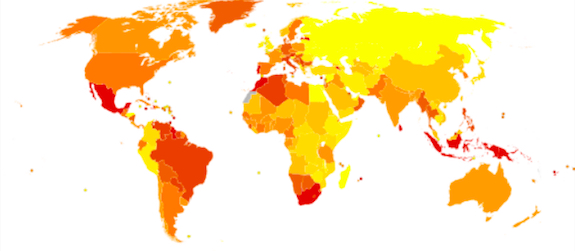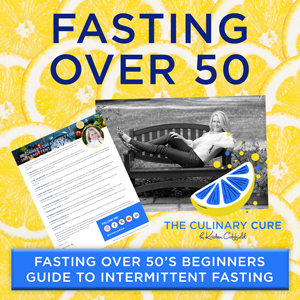Pre-Diabetes: Reversible If You Do Something NOW

Many clients come to me feeling frightened about being diagnosed with "pre-diabetes," or "borderline diabetes." Don't get me wrong, it is a scary diagnosis, as it's a precurser to full-blown diabetes, which could happen any time. But it's reversible if taken seriously and within a short time frame. If you have it for too long, it becomes permanent diabetes and is not reversible (in some cases, this takes a few months, in others, a few years).
Another name for pre-diabetes is "insulin resistance," because your body produces enough insulin, the insulin just doesn't work as designed. The result is high blood glucose (glucose is the sugar found in blood), the same as if you had insulin-dependent diabetes, which means you have an insulin deficiency, and in that case, insulin shots are necessary. But insulin shots are not normally necessary if you just have insulin resistance. That's because, in the case of insulin resistance, your body is sending out too much insulin - not too little.
Insulin is a hormone whose job it is to carry glucose from the blood to the cells where it is used for energy. After eating, glucose begins rising in the blood stream. Then insulin, produced and secreted by the pancreas, grabs the glucose, keeping it in a healthy range. Insulin's next job is attaching to receptor sites on the cell wall so glucose can enter. It's like a lock and key arrangement. Insulin is the key that opens the cell doors (the receptor sites), and lets the glucose in. But in the case of insulin resistance, the doors (or receptor sites) are blocked. The glucose and insulin, both, end up being dangerously high in the blood stream. High blood glucose can put you in a coma and cause death. Long term, it is associated with reduced blood flow, nerve and organ damage. Chronic high blood insulin - insulin is considered a "growth factor" - is associated with heart attack, cancers (especially colon), increases in belly fat and hunger.
Most people think that eating sweets caused their pre-diabetes, so they believe cutting back on sweets will reverse it. But they're usually wrong. The cause is normally excess body fat (especially belly fat) and/or an inactive lifestyle (if you have the gene for diabetes in the first place). Once you've been diagnosed with insulin resistance or pre-diabetes, yes, what you eat makes a difference in the progression of the disease because your body, now, cannot metabolize too much blood glucose. But if all you do when diagnosed is change your diet, your disease will probably not get better, or will more likely, become worse. Instead, losing weight and exercising are the "cures." The receptor sites become un-blocked and the insulin and glucose can be in normal ranges again.





